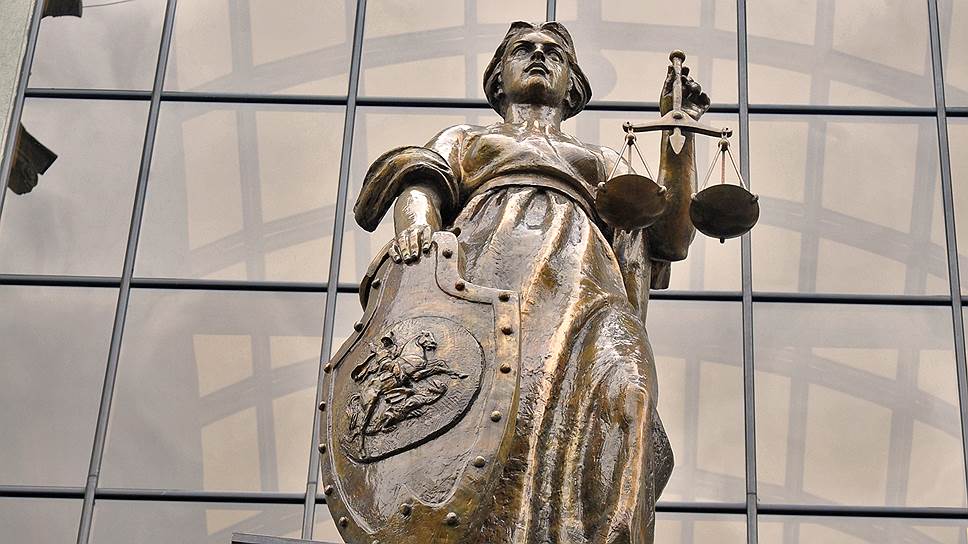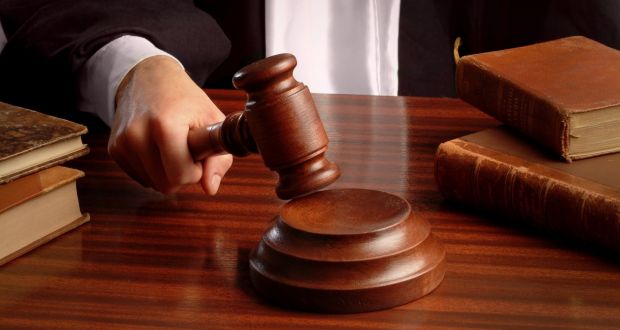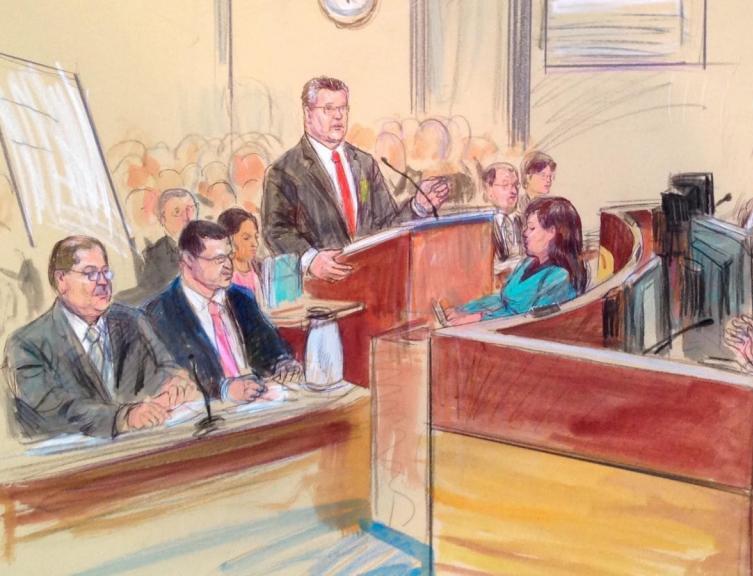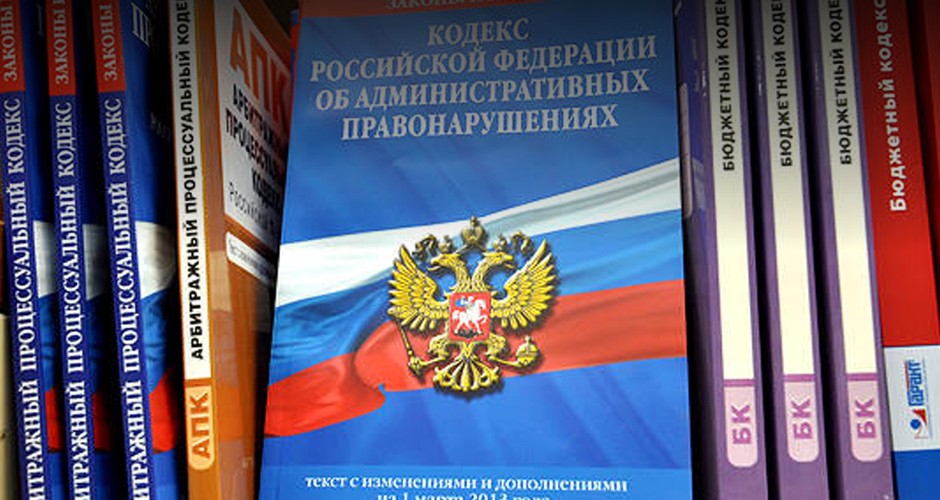Deprivation of special law is one of the types of punishments used in administrative law. Its application is regulated by the norms of the Code of Administrative Offenses. Consider the features of appointment and execution. What role do officials of executive bodies play, and what role do the courts play, and how do they behave.
Normative regulation
The deprivation of special rights as a punishment is established in the Code of Administrative Offenses. Its use is permitted in the cases described in the code. Other regulations are almost ruled out. Departmental orders regulate the actions of officials and citizens are not affected.
Difficulties arise if the person held accountable considers his appointment to be excessively strict or unreasonable. This question is dealt with by summarizing the practice and studying the reaction of higher authorities to the decisions made by the first instance.

Wanting to understand the application of the described punishment, they turn to the law and judicial practice of a particular region. Local specifics in the deprivation of special rights never ceased to play a role.
The status of the article is marked by periodic changes. Recent amendments were made in 2007, 2012, 2013 and 2015. Compared to other provisions of the law, this was not done so often.
Role in law
In administrative law, the deprivation of special rights has been present for a long time, even before the adoption of the current code. We can say that the discussed norm and its application are being improved. For example, application aspects regarding drivers are more clearly described.
Who is overlapping
To whom does the deprivation of special rights apply? Physical person. It does not apply to organizations; other measures of influence have been developed for them, for example, suspension of activity or deprivation of the head of the right to occupy relevant posts for a certain time. Do not forget about the difference in the amount of fines imposed on people and organizations for the same violations.
Grounds of application
Deprivation of special right shall be imposed for gross or systematic violation or abuse of an existing right. A single, but rather serious misconduct is considered gross. Systematic violation means repeated or more than once violation. The severity is unimportant.

Violations are considered systematic if repeated prosecution took place during the period of administrative conviction - less than a year has passed since the earlier fact of bringing to justice.
It is allowed to apply punishment if the previously appointed was not executed. For example, a driver refused to pay fines.
The Code authorized only the judges to be deprived of special rights. Other bodies considering administrative cases do not possess them.
What is the essence of the ban
What types of special deprivation do people face? The law provides for the following positions:
- driving a vehicle, small craft and other vehicles;
- the use of electronic equipment, high-frequency equipment;
- hunting;
- acquisition, storage, carrying weapons and ammunition to it.

All listed items are exhaustive; addition of the list is not allowed.
What time a person is considered punished
The law prescribes a minimum and maximum period of deprivation of a special right - from 3 months to 3 years.A judge has relative freedom in sentencing. If, for example, an article for a violation provides for a shorter period of deprivation of rights (for example, up to 6 months), then the judge is not entitled to go beyond it.
As for the term of punishment, it can be reduced in exceptional cases.
Timing nuances
Do not rejoice if, after a court decision has been taken, no one has taken measures to seize rights. The general regulation states that the duration of the decision is 2 years. Time is counted from the moment the document takes effect. The flow of time is suspended if the guilty person evades execution.

After a person is discovered, the course continues. Similar rules apply in case of suspension or postponement of execution. In this regard, it is easier to obey the punishment, and not to shy away from it, especially since they are also held accountable for this. Impose, for example, additional fines.
Who is exempt from punishment
Is deprivation of special right allowed to all? Administrative punishment is imposed in a different form or not imposed at all in cases stipulated by the code.
Drivers who use a car in connection with a disability are directly mentioned. At the same time, the restriction does not apply to a number of violations. Their exhaustive list is specified in Art. 3.8. For example, if light or medium harm is caused to human health due to non-compliance with traffic rules. Exceptions apply to entire articles as well as their individual paragraphs.
Hunters also have a certain immunity, if for them hunting is not entertainment, but a source of income. It is canceled if there has been a violation of the terms of the hunt or an unacceptable weapon or method of hunting has been used.
Who executes the punishment
The powers of a judge include only a decision on the deprivation of rights. Execution is already the responsibility of other authorities.
Gostekhnadzor is responsible for the deprivation of driving rights for tractors, self-propelled vehicles and other types of vehicles. In the use of other vehicles, the traffic police is responsible.

Employees of the Russian Guard are responsible for the execution of decisions on the deprivation of the right to acquire and store weapons. The watercraft inspectorate is responsible for the water transport industry. For communications, Roskomnadzor; for hunting, Rosprirodnadzor.
Execution procedure
The deprivation of a special right granted to an individual is carried out in different ways, depending on the authority obligated to execute the court order.
When it comes to driving rights, they are transferred by the owner to the authorized body for the duration of the ban. If a person is deprived of all rights (to drive a car or a ship), then the documents are transferred respectively to the police and, for example, to the inspection for small vessels.
The same is provided for with Roskomnadzor.

Deprivation of the right to hunt is effected by canceling or early termination of the hunting ticket. In the case of weapons, permission to receive them is canceled and the weapons themselves and their ammunition are seized.
By transmitting documents or things, the owner receives a receipt or other confirmation of the execution of the court order, which is necessary for him to return the things or documents.
If the license is canceled, then after an agreed period of time specified in the court order, a person has the right to apply for a new permit. No exceptions are provided for him.
The Code limits the shelf life of documents to three years. Then they are destroyed if the owner did not claim them.
Return of driving license
Who is affected? The first group - drivers of tractors, self-propelled machinery, road construction, trailers for them. The second group - drivers of cars, buses and motorcycles.
If a representative of one of the groups has been deprived of his rights, then he needs to go through a certain procedure in order to return them.
- pay fines;
- pass an examination on the knowledge of traffic rules;
- undergo a medical examination to identify circumstances that impede driving.

The last paragraph concerns persons deprived of their driving license while intoxicated (not only alcoholic), handing over a car to a drunken person, for refusing to undergo a drunkenness test if they are stopped by a police officer. Information about the doctor is also necessary for the person taking psychotropic drugs or drinking alcohol after an accident or before undergoing the examination procedure.
Finally
Prevention, fine and deprivation of special rights - penalties for administrative violations. They are applied in accordance with the articles of the code. In addition, there are special provisions of the general part that describes the procedure and restrictions on use. The deprivation procedure and the restoration process are described in the section on the execution of administrative sentences.
There are a number of citizens in respect of whom the deprivation of special rights is allowed to apply when committing violations included in a small list. For example, disabled people and hunters.
